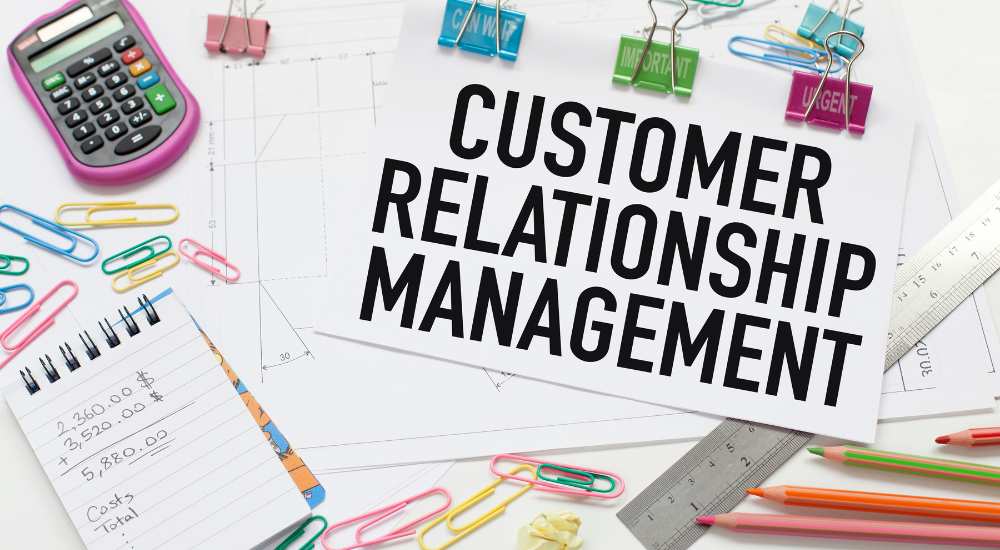Updated September 1, 2023
A financial expert called Virtual Relationship Manager (VRM) communicates with customers over the internet through digital communication tools like video conferencing, voice conversations, emails, and messaging services. VRMs provide individualized financial advice and services to their clients using technology, compared to traditional Relationship Managers (RMs), who interact with clients in person.
A Virtual Relationship Manager utilizes various digital platforms to create and maintain relationships with their clients, identify their financial requirements and objectives, and offer optimal solutions. They offer various services, such as wealth management, insurance, banking, and investment consulting.
VRMs have many advantages for both customers and financial organizations. Customers that prefer VRMs benefit from more flexible and easy banking because they can access financial services anytime and from any location. Moreover, they deliver personalized advice and ideas targeted to every client’s particular financial circumstances.
They provide financial institutions with affordable options that can expand their customer base and provide 24/7 support to customers. Because they can multitask and assist consumers remotely, VRMs can handle more customers than traditional RMs.
What Does a Virtual Relationship Manager Do?
A financial adviser called a Virtual Relationship Manager (VRM) connects with clients and gives them structured finance advice and services using digital communication channels. The following are some of the responsibilities a VRM frequently performs:
Build and maintain relationships: A VRM is in charge of remotely developing and maintaining relationships with clients. They use digital platforms to connect with customers and comprehend their financial needs and objectives. Some of the digital tools include video conferencing, phone conversations, emails, and messaging programs.
Provide financial advice: Based on a client’s financial situation, goals, and level of risk tolerance, VRMs provide them with personalized financial advice and assistance. They recommend suitable financial products and services such as investments, insurance, and banking.
Conduct financial reviews: As VRMs, they are in command of constantly assessing customers’ financial portfolios to ensure their investments are doing well and are in line with their objectives. They also make a recommendation for modifications if required.
Handle transactions: On behalf of clients, VRMs can open accounts, transfer money, and execute trades, among other financial transactions.
Resolve issues: They address client problems involving their accounts, transactions, and services. Also, VRMs assist with account administration and provide customer service.
Update with regulations: To maintain compliance with relevant laws and regulations, VRMs must stay updated with industry regulations and norms.
How to Become a Virtual Relationship Manager?
Step 1: Aspirants typically need a bachelor’s degree in finance, economics, or business administration to work as a VRM. Additionally, obtaining a master’s degree or relevant certifications can improve professional possibilities.
Step 2: After receiving a degree or completing education, Join an Internship. A VRM can benefit from real experience in financial services, such as banking or investment management. The abilities needed to work remotely can also be developed by working in customer-facing positions.
Step 3: One can apply for VRM positions in financial institutions once they have the required training and experience. Job portals, company websites, and recruitment firms usually advertise these positions.
Skills Need to Work As a Virtual Relationship Manager
Strong communication skills: A Virtual Relationship Manager must have excellent communication skills to communicate remotely with clients. They must be able to explain complex financial concepts clearly.
Financial knowledge: They must know about financial services and products, including investing, insurance, and banking. VRMs should keep themselves updated with industry trends and regulations.
Digital proficiency: VRMs must be proficient in utilizing technology efficiently. They must interact with clients via digital platforms such as video conferencing, email, messaging apps, and other relevant software.
Relationship building: Creating and maintaining relationships is one of the most crucial abilities that a VRM should mast on. They must establish trust and rapport with clients via digital communication channels.
Analytical skills: VRMs must possess solid analytical skills to comprehend clients’ financial problems and suggest suitable financial products and services.
Problem-solving skills: An aspirant must obtain Problem-solving skills because it enables them to respond to client inquiries and solve problems about their transactions, accounts, and services.
Time management: In serving many clients remotely, VRMs must multitask effectively and manage their time properly.
Compliance knowledge: To guarantee compliance with relevant laws and regulations, VRMs must know industry rules and guidelines.
